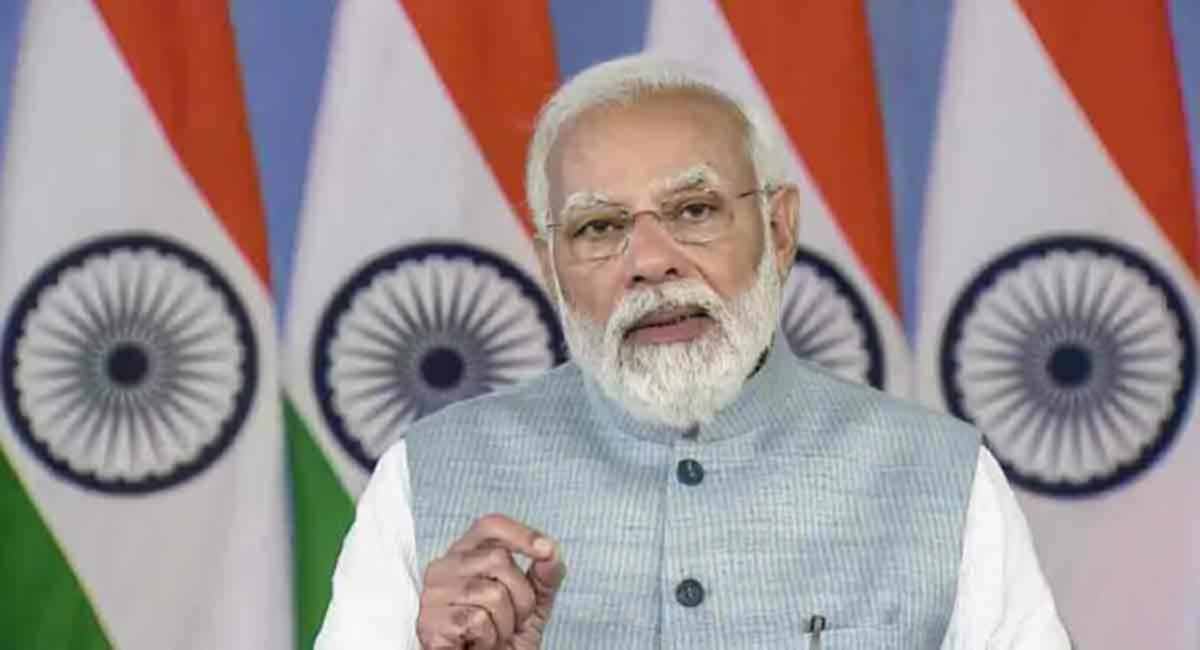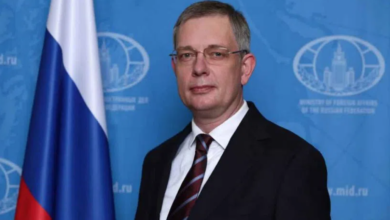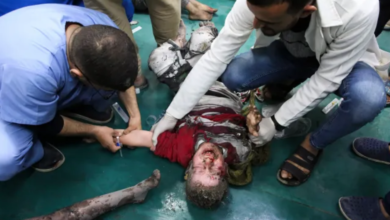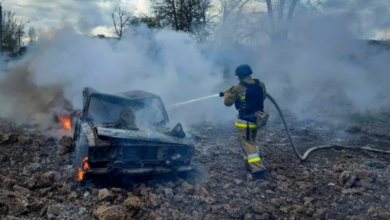Indian government lashes out at BBC over Modi documentary, saying it exposes ‘colonial mindset’

India has criticised a BBC documentary on prime minister Narendra Modi’s role in the 2002 religious riots in Gujarat that killed over 1,000 people – most of them Muslims – while he was chief minister of the state.
Addressing a weekly press conference on Thursday, Indian government spokesperson Arindam Bagchi said that the documentary is a “propaganda piece” that shows a “colonial mindset”.
“Let me just make it very clear that we think this is a propaganda piece designed to push a particular discredited narrative. The bias, the lack of objectivity, and frankly a continuing colonial mindset, are blatantly visible,” Mr Bagchi said.
“If anything, this film or documentary is a reflection on the agency and individuals that are peddling this narrative again. It makes us wonder about the purpose of this exercise and the agenda behind it and frankly we do not wish to dignify such efforts.”
Last June India’s Supreme Court cleared Mr Modi of any wrongdoing in relation to the 2002 riots after it dismissed a plea challenging the findings of a Special Investigation Team (SIT) report which earlier exonerated him as well as 62 other senior government officials.
The new documentary, entitled “India: The Modi Question”, was released in the UK on 17 January and was briefly available on YouTube in India but has since been taken down.
The BBC has defended its production, saying the organisation is “committed to highlighting important issues from around the world” and that the Indian government was offered a right to reply but declined.
The documentary includes a previously unpublished report from the British Foreign Office that holds Mr Modi “directly responsible” for the “climate of impunity” that enabled the violence to take place.
The Foreign Office report was part of an inquiry ordered by the then-foreign secretary Jack Straw, the documentary shows.
It found that the extent of violence was much greater than reported and the aim of the riots was to purge Muslims from Hindu areas.
The report is quoted as saying that “this systematic campaign of violence” had “all the hallmarks of ethnic cleansing”.
“It was very shocking, these were very serious claims that chief minister Modi had played a proactive part in pulling back police and in tacitly encouraging the Hindu extremists. That was a particularly egregious example of political involvement to prevent police from doing their job to protect the Hindus and the Muslims,” Mr Straw says in the documentary.
When asked about what the British government could do at the time, he says: “The options open to us were limited, we were never going to break diplomatic relations with India but it is obviously a stain on his reputation, there is no doubt about that.”
The documentary was also raised in the British parliament, where prime minister Rishi Sunak was asked to respond to its claims by MP Imran Hussain.
Mr Sunak said: “The UK government’s position on this has been clear and long-standing and hasn’t changed, of course, we don’t tolerate persecution where it appears anywhere, but I am not sure I agree at all with the characterisation that the honourable gentleman has put forward to.”
Later on Thursday, BBC issued a statement defending the documentary, saying it “was rigorously researched according to highest editorial standards”.
“A wide range of voices, witnesses and experts were approached, and we have featured a range of opinions – this includes responses from people in the BJP. We offered the Indian government a right to reply to the matters raised in the series – it declined to respond.”
The revelations are part of a two-part series investigating tensions between Mr Modi and his country’s largest religious minority.







